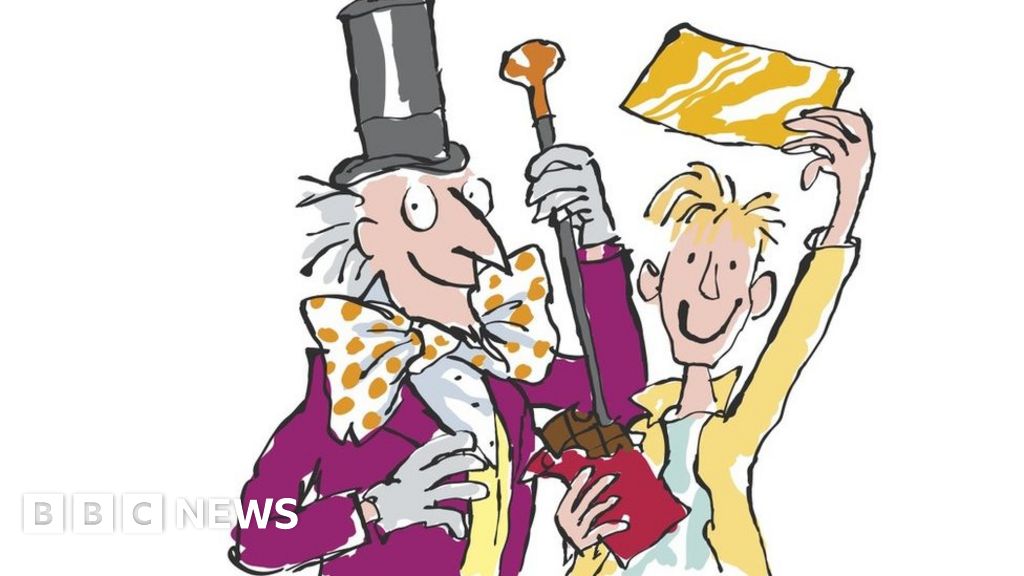

The novelist can spread himself or herself. The short-story writer has got to get everything so tight, so close, and so concise. I’m not a novelist, and, on the whole, the pure short-story writer is not a novelist. And if you find that you can do something, you don’t rush off and try to do something else. I think I had a very strong feeling that it was my metier, you know. 1 Why He Wrote Short Stories Instead of Novels Because once you start, you’re embarked on a year’s work and so it’s a big decision. I walk around it and look at it and sniff it and then see if I think it will go. When I do get a good one, I quickly write it down so that I don’t forget it. You can be mooching around for a year or so before you get a good one.

It starts always with a tiny little seed of an idea, a little germ, and that even doesn’t come very easily. I have six pencils and I sharpen them and I pour myself a coffee and I feel very comfortable. I take a writing board which I’ve made myself and I put it on the arms of the armchair, and underneath it I put a roll of thick paper so the writing board slopes exactly where I want it. The trunk is tied to the legs of the chair with bits of wire, so that I can put my feet on the trunk and push and it won’t go away. I lie back in an armchair and I put my feet up on a trunk which I filled with wood to make it hard. There is an armchair, I don’t sit up at a desk. I go into this splendid room which I really enjoy because it’s so comfortable. Then at 10:30 I fill a thermos with hot coffee and take a mug in my hand and walk up to my work hut which is away from the house up in the apple orchard. I then slowly get up and I have a bath and I lie in it and do a lot of thinking.Īt 10 o’clock my secretary arrives with the mail that she’s open the day before, and we go through them very fast and very efficiently. We order two copies of The Times because that’s the only paper we like reading, so we have one each. We sit in bed and eat our breakfast and read The Times. Then about five mornings out of seven, my lovely wife goes and gets the breakfast and brings it to me, and about two mornings out of seven I get it for her, which is a sort of nice compromise. I wake up and I listen to the morning news on the radio, either at 7:00 or at 8 o’clock, quite often 7:00.
Roald dahl short stories characters full#
His full morning routine in his own words: He chose two hour blocks for creative work as he ‘never works too long at a stretch, because after about 2 hours you are not at your highest peak of concentration so you have to stop.’ Stressing the importance of this daily routine, he maintained that ‘writing is not inspiration, it’s keeping your bottom on the seat.’ He wrote for two hours in the late morning, and another two hours in the evening. He went to his shed twice a day, 7 days a week. 1 Daily Routineĭahl always kept regular hours. That, I think, is fun and makes an impact. If they are ugly, you make them extremely ugly. I find that the only way to make my characters really interesting to children is to exaggerate all their good or bad qualities, and so if a person is really nasty or bad or cruel, you make them very nasty, very bad, very cruel.

Every writer in the world has to use the characters that have something interesting about them and this is even more true in children’s books. When you’re writing a book, with people in it as opposed to animals, it is no good having people who are ordinary, because they are not going to interest your readers at all. The writer who thinks that his work is marvellous is heading for trouble. This is not essential when writing for grown-ups, but for children, it’s vital.ħ. It helps a lot if you have a keen sense of humour. No one is around to give you the sack if you don’t turn up for work, or to tick you off if you start slacking.Ħ. That means you must never be satisfied with what you have written until you have rewritten it again and again, making it as good as you possibly can.ĥ. In other words, you must be able to stick to what you are doing and never give up, for hour after hour, day after day, week after week and month after month.Ĥ. It is a gift and you either have it or you don’t.ģ. By that I mean you should be able to make a scene come alive in the reader’s mind. Roald Dahl (1916 – 1990) was a British novelist, short-story writer, and screenwriter.


 0 kommentar(er)
0 kommentar(er)
